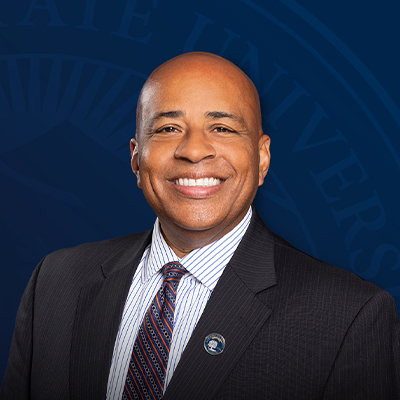
Looking back now, it feels like a blur. I worked on the front lines as an emergency department nurse when much of the world shut down in March 2020 due to the COVID-19 pandemic. I will never forget the moments of fear, the extensive conversations with nursing colleagues, the lack of planning and the sadness that rapidly spread.
It may have been extremely foolish for me and my colleagues to volunteer to try new practices, technology and more for the first time during a pandemic — but we didn’t have time to consider the risks or benefits.
During the height of the pandemic, I taught clinical rotations and worked as many hours as possible. I did not do it to be a hero, but because both of my parents were immunocompromised and I could not be with them.
There were many instances when I, and other front-line workers, were not welcomed because we were exposed to the very disease that everyone was afraid to be around.
We lost so much during the pandemic, but I choose to focus on what I have gained. ”
Christine Kaford, assistant professor of nursing
I did not contract COVID-19 until 2021 when I was pregnant with my first child. I was working in triage and felt mild body aches. I was convinced I was tired because I was pregnant. Unfortunately, I tested positive for COVID-19.

At the time, my husband, a firefighter, was working the Dixie Fire in Northern California. I was alone, pregnant and extremely sick with a low oxygen saturation and an oral temperature of 102 to 103 F. I was barely able to take a couple steps from my bed to drink water or walk to the door to grab food sent by friends and family.
I remember crying a lot. I felt guilty that I got my unborn daughter sick.
My biggest takeaway from the experience is that we will never change until our love exceeds our pain. It was painful to watch the entire world suffer as a result of an unknown virus that quickly surfaced and changed our lives. Rather than focus on resentment or pain, I leaned into gratitude and hope.
I consciously remind myself that I matter. Just as I see my patients as real people who are deserving of care, I too am worthy of care. I remind my students that if nurses do not take care of themselves, their patients and families also will suffer.








